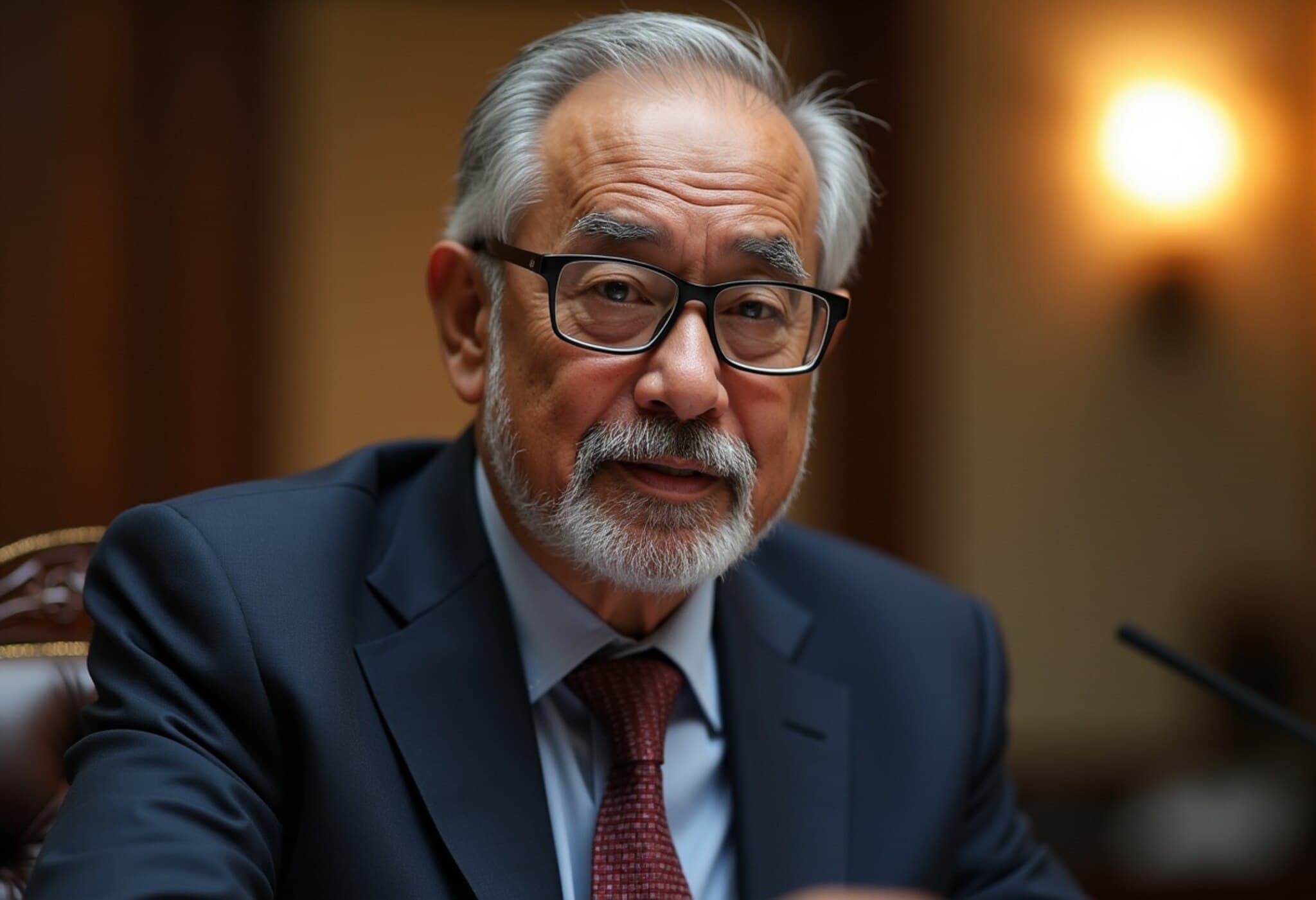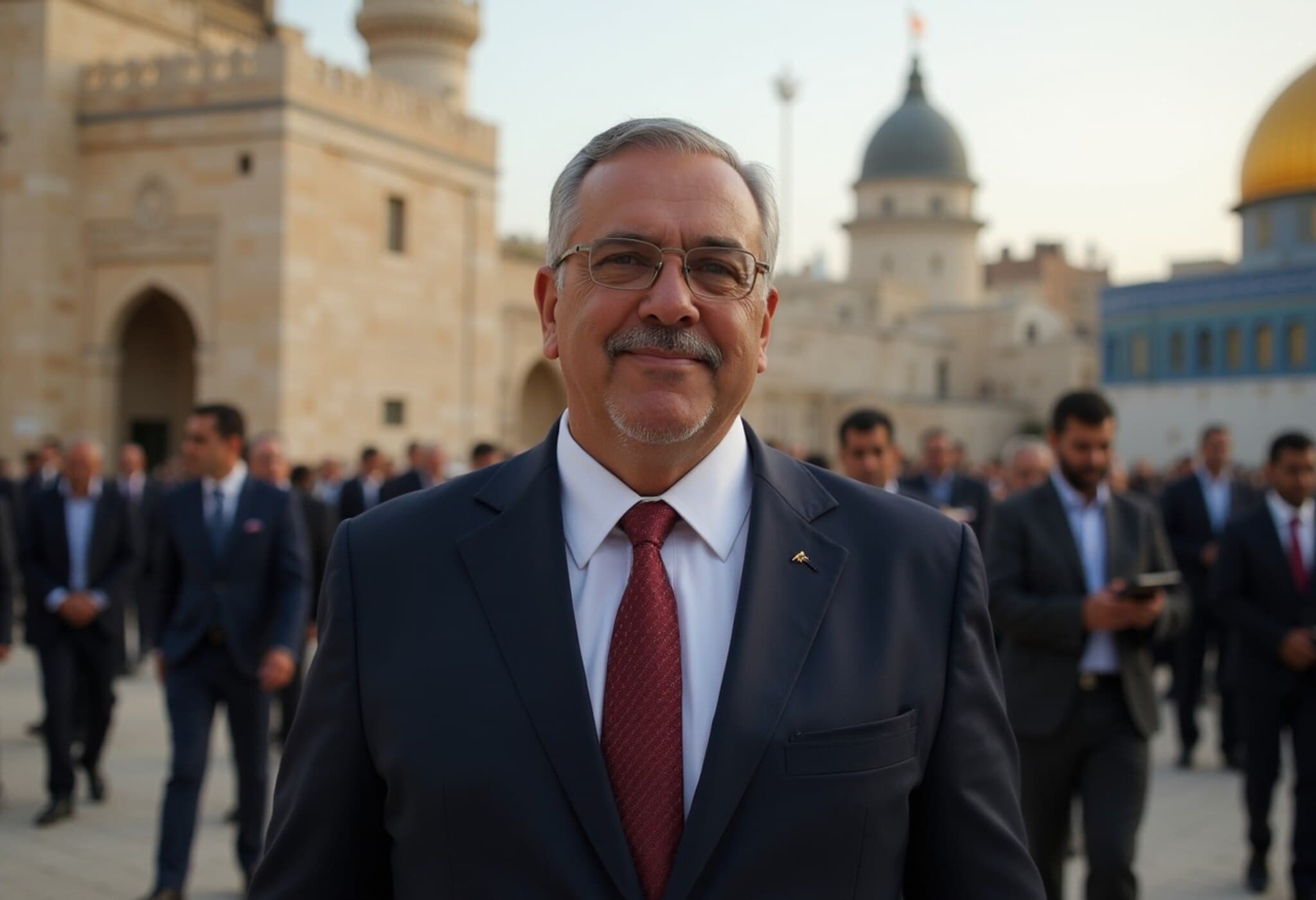Nimisha Priya Case: Death Sentence Suspended, Family Demands Execution
Hope is gradually diminishing for Nimisha Priya, the Indian nurse from Kerala sentenced to death in Yemen for the murder of a Yemeni national, as her execution remains postponed while the victim’s family firmly urges authorities to proceed without delay.
Family Pushes for Swift Capital Punishment
Originally slated for July 16, 2025, Nimisha’s hanging has been indefinitely deferred. Yet, the relatives of Talal Abdo Mahdi, the deceased Yemeni businessman, have publicly expressed unwavering determination to see the death penalty carried out. On August 3, Abdul Fattah Abdo Mahdi, Talal’s brother, released a letter addressed to Yemen’s Attorney General, Judge Abdul Salam Al-Houthi, demanding the “speedy implementation of the retaliation sentence” — a reference to Yemen’s application of Qisas, or retributive justice.
“It has been over half a month since the postponement without any new execution date. We, as the victim’s family, hereby reject any negotiations or settlements, insisting on justice being fulfilled,” the letter states, underlining their legal and moral insistence on capital punishment in this deeply personal and tragic case.
India Restricts Delegation Travel Citing Security Concerns
Adding further complexity to the case, the Indian government has denied travel approval to members of the Nimisha Priya International Action Council, who sought to visit Yemen to engage with the victim’s family regarding clemency efforts. Despite a directive from India’s Supreme Court allowing clemency dialogues, clearance from the Ministry of External Affairs (MEA) is mandatory due to persistent travel bans on Yemen amid severe security instability.
MEA officials have reiterated the dangers posed by Yemen’s volatile situation, particularly in Sana’a, and highlighted the lack of formal diplomatic relations with Yemen’s current regime. The Indian Embassy has been relocated to Riyadh since the outbreak of hostilities, reflecting broader geopolitical tensions and the ongoing humanitarian crisis.
“The precarious security situation and recent regional developments make travel hazardous. We encourage that all negotiations take place through authorised representatives to prioritize safety and legality,” a MEA spokesperson explained.
Case Background: Allegations and Legal Complexities
Nimisha Priya, who hails from Palakkad district in Kerala, moved to Yemen in 2008, working first at a government hospital before establishing her own clinic. Partnered reportedly with the victim Talal and another woman, the business venture soured amid claims that Talal subjected the women to abuse, controlled their passports, and restricted their freedom.
According to Nimisha’s Indian counsel, Subhash Chandan, in a desperate bid to escape maltreatment, Nimisha and her associate allegedly drugged Talal, unintentionally causing his death. The discovery of Talal’s mutilated body led to Nimisha’s arrest. Yemeni authorities also accuse her of attempting to flee a war-ravaged nation, complicating diplomatic and legal efforts.
Exploring Broader Implications
This case casts light on the intersection of human rights, legal sovereignty, and the often fraught plight of migrant workers in conflict zones. Yemen’s adherence to Qisas—a retributive justice system—reflects deeply cultural and religious legal frameworks that can clash dramatically with international human rights advocacy, particularly in capital punishment debates.
Furthermore, the complexity surrounding India’s diplomatic engagement — balancing citizen protection against travel restrictions amid civil unrest — highlights the precarious position of expatriate workers in unstable regions.
What Lies Ahead?
- Legal avenues: Nimisha’s defense may seek to leverage international pressure and legal appeals.
- Diplomatic efforts: India continues to explore all possible options, though security constraints limit direct involvement.
- Human rights concerns: The case raises nuanced debates about capital punishment in the global context and protection for migrant workers abroad.
Editor’s Note
The Nimisha Priya case exemplifies the tragic human cost often hidden within cross-border migrations and the profound legal challenges that emerge when national justice systems, cultural norms, and international rights collide. While the victim’s family’s grief and demand for justice are undeniable, the situation compels us to reflect on broader questions: How can nations protect their citizens abroad in volatile environments? What role should international diplomacy play when lives and legal sovereignty are entangled? And, finally, how do we balance cultural legal traditions with evolving global human rights standards?
As developments unfold, this story remains a poignant reminder of the human stories behind headlines, framed by pain, hope, and the quest for justice.



















